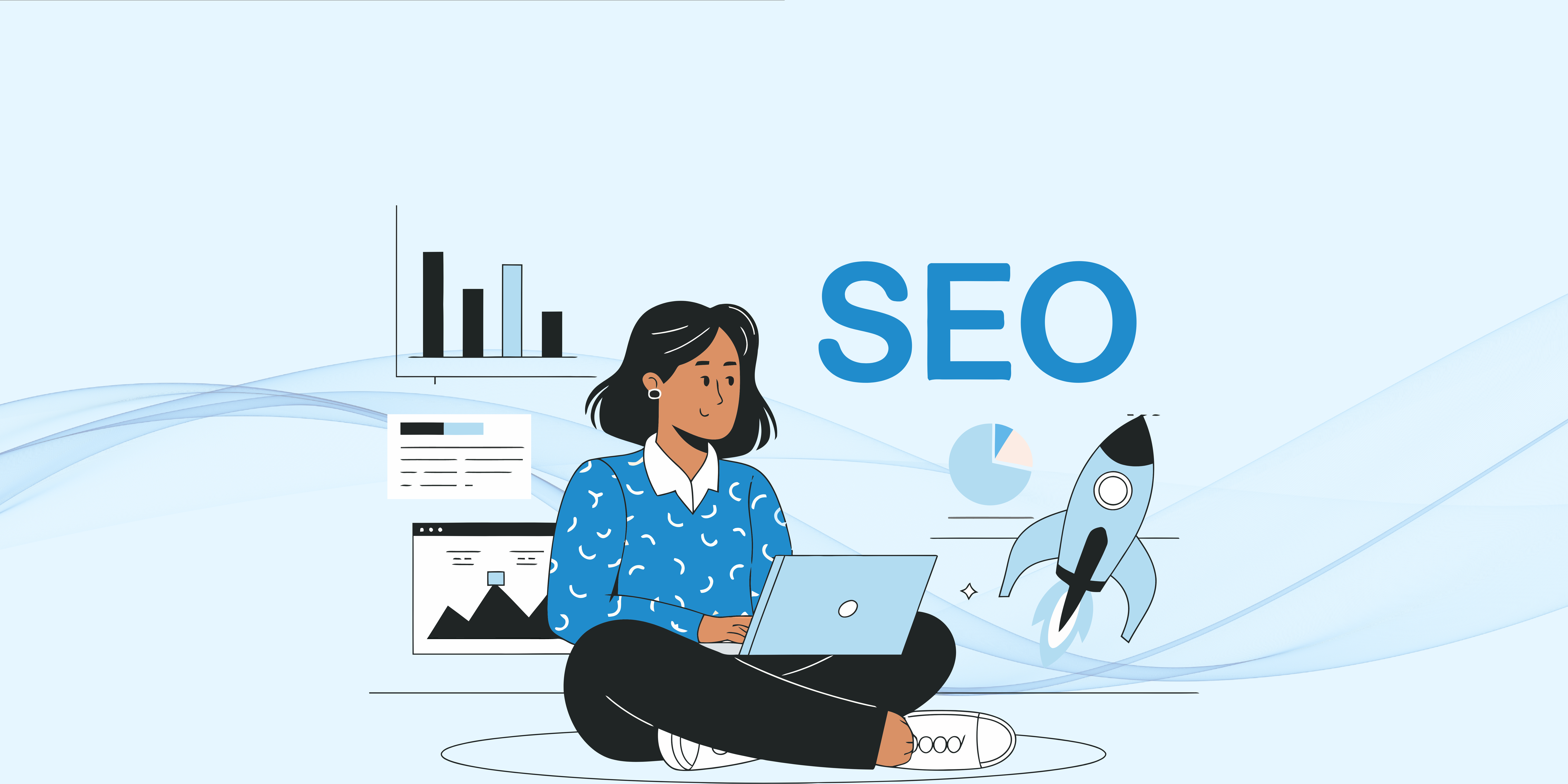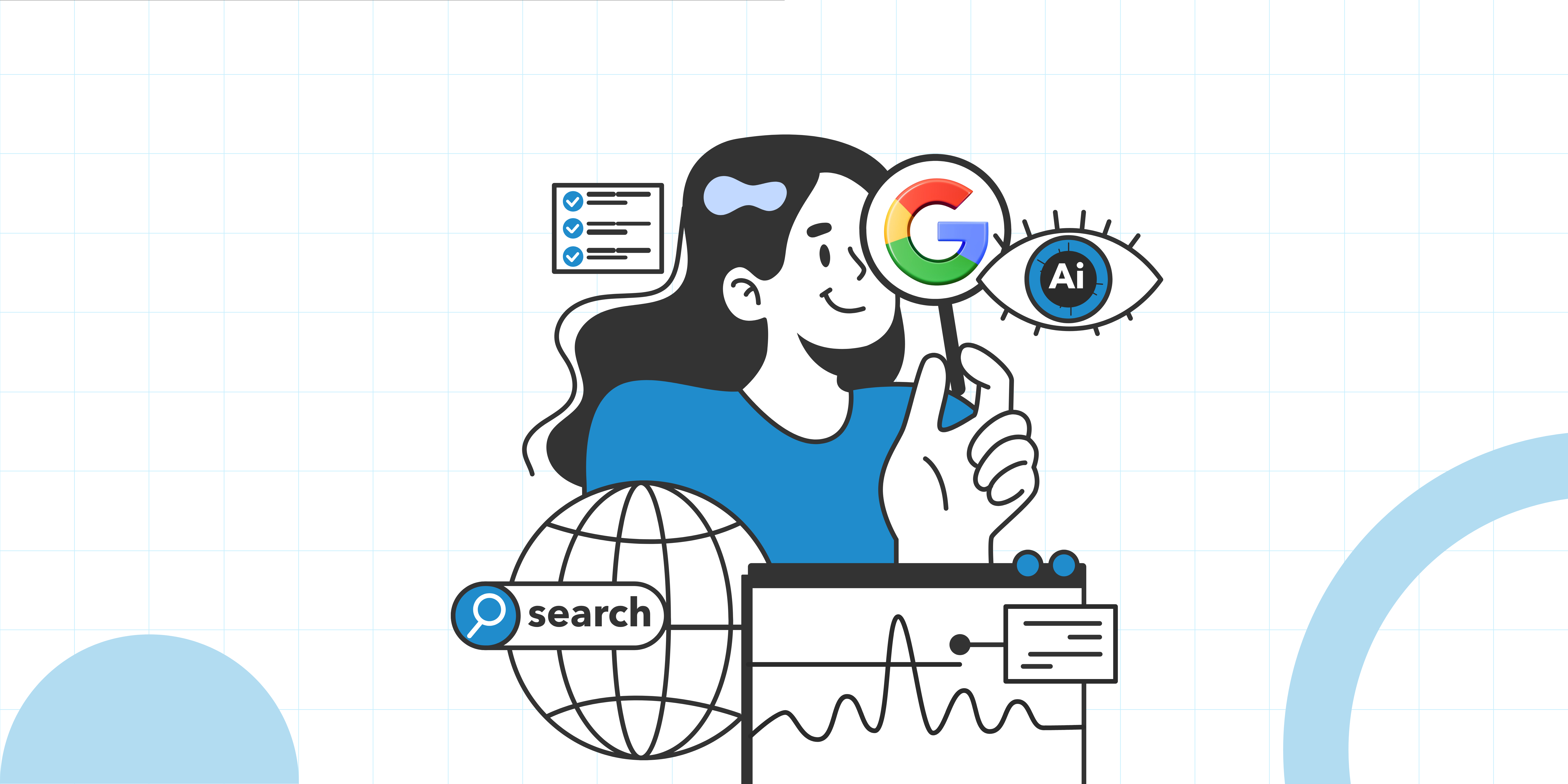If you think SEO is just about getting to the top of Google, you are missing the bigger picture. Search engine optimization is the secret weapon behind brand visibility, trust, and, most importantly, conversions. Businesses that ignore it are leaving money on the table, while those who master it are watching their numbers skyrocket.
This is not just another article listing the usual benefits of SEO. You are about to discover the real reasons why SEO is essential, along with some overlooked advantages and pro tips that can give you an unfair edge.
If you are looking to improve your website’s ranking in SERPs, you should consider using of Organic SEO services from NFlowTech. By using SEO services, you can improve your website’s visibility in SERPs and attract more visitors to your website.
What Is SEO
SEO stands for search engine optimization. It is the process of improving the visibility of a website or web page in search engine results pages (SERPs). The goal of SEO is to get your website to rank higher in SERPs for relevant keywords, so that more people will see it when they search for those keywords.
Organic SEO is an important part of any online marketing strategy. By optimizing your website for search engines, you can attract more visitors to your website and increase your chances of generating leads and sales.
SEO is an ongoing process. You will need to continue to optimize your website and monitor your results in order to maintain a high ranking in SERPs. However, the benefits of SEO can be significant, so it is worth the effort.
The Importance of SEO for Your Business
SEO explains how businesses make their content more search engine friendly. Organic traffic or SEO traffic refers to people browsing websites via this route. In spite of the fact that nobody knows Google’s strategy, SEO has become a career via extensive study.
Researchers have found a number of factors that seem to impact the position of webpages. On-page SEO refers to methods you execute on your website. In contrast, off-page SEO refers to approaches you use elsewhere on the web.
Do we hope now you are a bit clear about what is SEO?
A well-developed SEO plan will include both on-page and off-page optimization techniques.
- For off-page SEO, the article will also include links to relevant information on and outside the site. Brands must create tactics for attracting backlinks to increase traffic and rankings. You may do this by marketing the material on several channels, such as guest posts, social media, and content syndication.
- For on-page SEO, this entails creating material relevant to high-value keywords and optimizing the content so that search engine spiders understand the content. This requires careful consideration of URLs, title tags, meta descriptions, alt tags, and keyword placement.
So, why SEO is important to any business? Search engines are where most internet activity, including product and service research, starts.
A user’s search query (what they put into search engines) is quite particular; they want to find content that pertains directly to their search query.
It is important to give relevant material if you have a product or service related to the inquiry.
When looking for information, most people click on the first few results that appear in the search results (excluding advertised links). Only a small percentage of searches make it beyond the first five links on the SERP, and even fewer make it past page two.
Benefits of SEO for Your Website:
1. Organic Traffic is the Most Valuable Traffic You Can Get
Most people hate ads. They skip them, install blockers, and tune them out. But when someone finds your website through a Google search, they are already interested in what you offer. That is why organic traffic converts better than any other source.
Paid ads stop working the moment you stop paying. SEO, on the other hand, builds a long-term foundation for continuous traffic and sales.
Pro Tip:
Focus on search intent. If someone searches “best running shoes for flat feet,” they are looking for recommendations. If your content matches that intent and offers real value, conversions will follow.
2. SEO Builds Instant Trust and Credibility
Google ranks websites based on authority, relevance, and trustworthiness. When you show up at the top, people assume you are the best in your industry. That psychological effect alone can double or triple conversions.
Think about it. If two restaurants have similar ratings, but one shows up first when you search “best pizza near me,” which one are you more likely to visit?
Pro Tip:
Use schema markup to get featured snippets, star ratings, and other rich results. These little details make your site look more authoritative and improve click-through rates.
3. SEO Reduces Customer Acquisition Costs
Businesses pour thousands into ads every month. But what if you could generate leads and sales without paying for every click? SEO does exactly that.
Once you rank high for relevant keywords, traffic keeps flowing with minimal ongoing costs. That means lower customer acquisition costs and higher profit margins.
Pro Tip:
Do not just focus on high-competition keywords. Long-tail keywords like “best protein powder for muscle gain under $50” have lower competition and often attract buyers who are ready to purchase.
4. SEO Helps You Understand Your Customers Better
Google provides valuable data about what people are searching for, how they interact with your site, and what keeps them engaged. If you analyze this data, you can refine your marketing, improve your products, and increase conversions.
Pro Tip:
Use Google Search Console to see what keywords are bringing traffic. Then optimize your pages to match those queries better, increasing your rankings even further.
5. SEO Boosts Your Other Marketing Channels
Think of SEO as the backbone of your entire marketing strategy. It amplifies the results of social media, email marketing, and paid ads.
For example, if you write an SEO-optimized blog post that ranks well, you can share it on social media, use it in email campaigns, and even repurpose it into videos. The traffic from all these channels strengthens your site’s authority, creating a loop of increasing visibility.
Pro Tip:
Update old content with new insights and re-share it. Google rewards fresh content, and your audience appreciates updated information.
6. SEO Helps You Dominate Local Markets
If you have a local business, SEO can be your best friend. More than half of Google searches are for local information, yet many businesses ignore local SEO.
Appearing in the Google local pack (the map results at the top) can dramatically increase foot traffic and phone calls.
Pro Tip:
Make sure your Google Business Profile is fully optimized with real customer reviews, high-quality photos, and accurate business hours.
7. SEO Protects Your Brand Reputation
Your online reputation can make or break your business. People Google your brand before making a purchase. If they see negative reviews or competitors ranking for your brand name, that is a problem.
SEO helps you control what shows up when people search for your business. By optimizing your site, publishing positive content, and encouraging good reviews, you shape your brand perception.
Pro Tip:
Set up Google Alerts for your brand name so you can monitor mentions and respond quickly to any negative press.
8. SEO Works 24/7 (Unlike Ads That Stop When Budget Runs Out)
A paid ad stops the second you turn it off. SEO does not. Once you achieve strong rankings, your website keeps attracting visitors day and night, even when you are not actively working on it.
This makes SEO one of the most cost-effective marketing strategies available.
Pro Tip:
Consistency is key. Even after ranking high, keep publishing valuable content and updating old pages to maintain your position.
9. Write for People, Not Just Search Engines
Google’s algorithm is smart. It knows when content is helpful versus when it is stuffed with keywords. If you focus on creating genuinely valuable content, Google will reward you naturally.
10. Improve Page Speed and User Experience
A slow site kills conversions. If a page takes more than three seconds to load, most visitors will leave. Google also considers page speed in rankings, so a fast website is essential.
Pro Tip:
Use tools like Google PageSpeed Insights to check performance. Compress images, enable caching, and minimize unnecessary code to improve loading times.
11. Create Content That Attracts Backlinks Naturally
Backlinks are one of the strongest ranking factors. But getting them is not about begging other sites to link to you. The best way to earn backlinks is by creating content people actually want to reference.
Pro Tip:
Original research, data-driven insights, and expert interviews attract the most backlinks. If your content provides unique value, others will link to it without you even asking.
Final Thoughts:
SEO is not just about rankings. It is about building authority, attracting high-value traffic, and creating a sustainable marketing strategy that keeps paying off.
Businesses that invest in SEO gain long-term visibility, trust, and conversions. Those that ignore it either burn money on paid ads or get lost in the digital noise.
If you want to grow your business without relying on constant ad spend, SEO is the way forward. And with the right strategy, you can outrank competitors and dominate your industry.
Start optimizing today because the longer you wait, the more traffic (and sales) you are leaving on the table.







